Post
A catch
Save a catch to start your fishing logbook. You will be able to to share it with the community if yo want!
A fishing trip
Post an ad to go fishing with other fishermen
Save a catch to start your fishing logbook. You will be able to to share it with the community if yo want!
Post an ad to go fishing with other fishermen
Share a thought, a question with the community
My favorite cities
×Join our 808 fishermen and our 8 cofishermen in Sutton in West Sussex. The fishing forecast is currently 4.5. The most caught fishes here are the lesser spotted dogfish, bitterling fish, the perch and the gwyniad fish. Come try the most famous fishing techniques like the surfcasting for sole , tips for jig fishing or cast fishing material for mackerel fish, support fishing for black sea bream or tips on material for support fishing for sea bream.
Our fishing forecast of Sutton indicates the best time to go fishing in this city.
The Lesser Spotted Dogfish
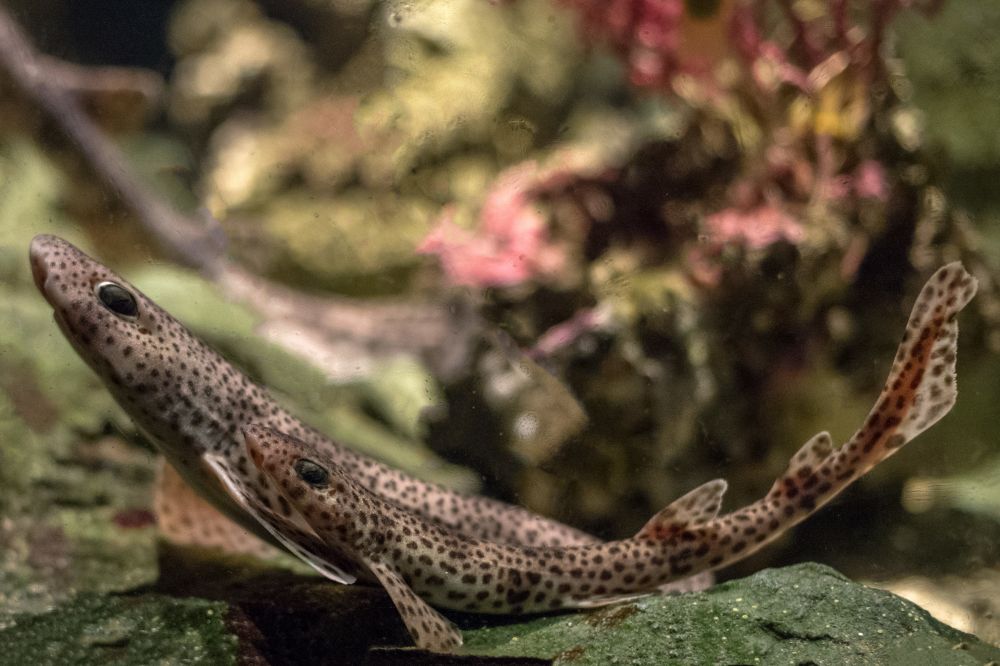
The Lesser Spotted Dogfish belongs to the Scyliorhinidae. It has a height of about 80 cm in length and a maximum weight of 5 kg. It can live up to 8 years. It breeds from November to July. The female lays about a hundred eggs. It is fished in winter. The lesser spotted dogfish is a small spotted shark with a rounded snout. The spots are small, numerous, brown to blackish-brown on a light beige to red background, the belly remains light. Five gill slits are located just behind the black and oval eyes. As with all species of the Scyliorhinidae family, the first dorsal fin D1 is located behind the pelvic fins; the second dorsal fin D2 is located just behind the anal fin. The distance between the 2 dorsal fins D1 and D2 is greater than the length of the base of the anal fin. The nasal valves are contiguous.
The Lesser Spotted Dogfish is a famous fish you can catch in Sutton.Bitterling Fish
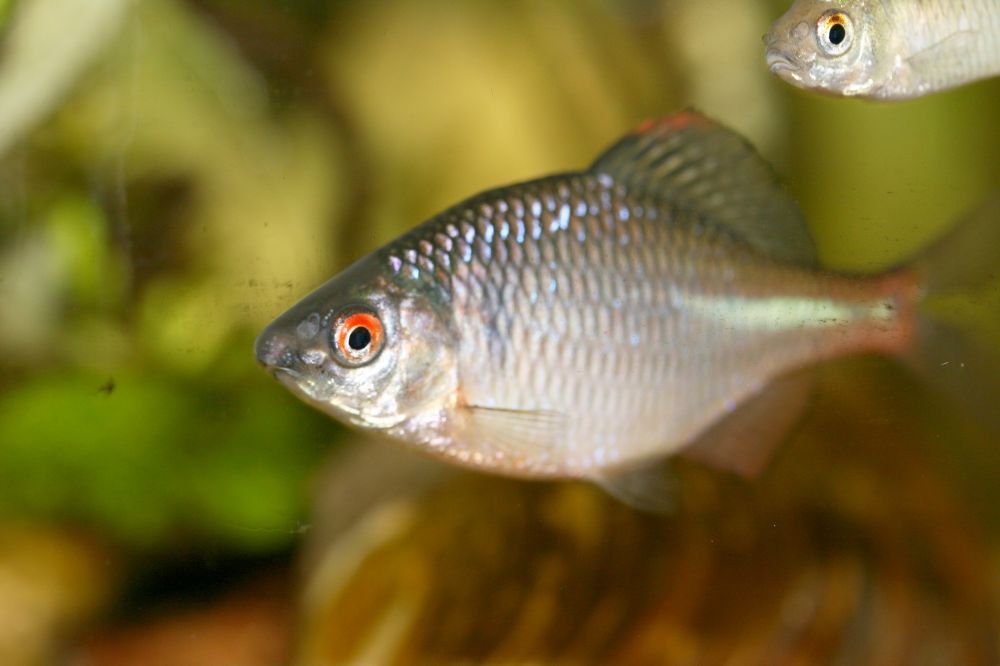
The Bitterling fish is a freshwater fish and belongs to the Cyprinidae family. Its scientific name is Rhodeus Amarus. The current size of the bitterling fish is 5-6 cm. Some individuals can reach a maximum height of 11 cm and a weight of 10 g. This species is one of the smallest Cyprinid in Europe. It lives on average from 2 to 3 years. The spawning period is between April and June. It lays 40 to 100 oocytes. This fish is easy to catch due to its small size. The bitterling is a small fish whose body is high and laterally compressed. The lateral line is short or incomplete. The scales on the back have a grey-green coloring. The sides are clear with silvery reflections. During the breeding period the silver coloration changes to a pink to bright red color with a dark blue sideband. Sexual dimorphism occurs between the male and female during reproduction. A 5 to 8 mm laying tube (ovipositor) develops in the female, which allows her to lay her eggs in the gill cavity of freshwater mussels. The male has a higher body than the female and its colors become brighter during the breeding season. The bitterling fish's eyes are quite large. Its mouth is small, oblique and the upper jaw protrudes beyond the lower jaw. The anal and dorsal fins have a short base and 8 to 10 branched rays.
Bitterling Fish is a famous fish you can catch in Sutton.The Perch
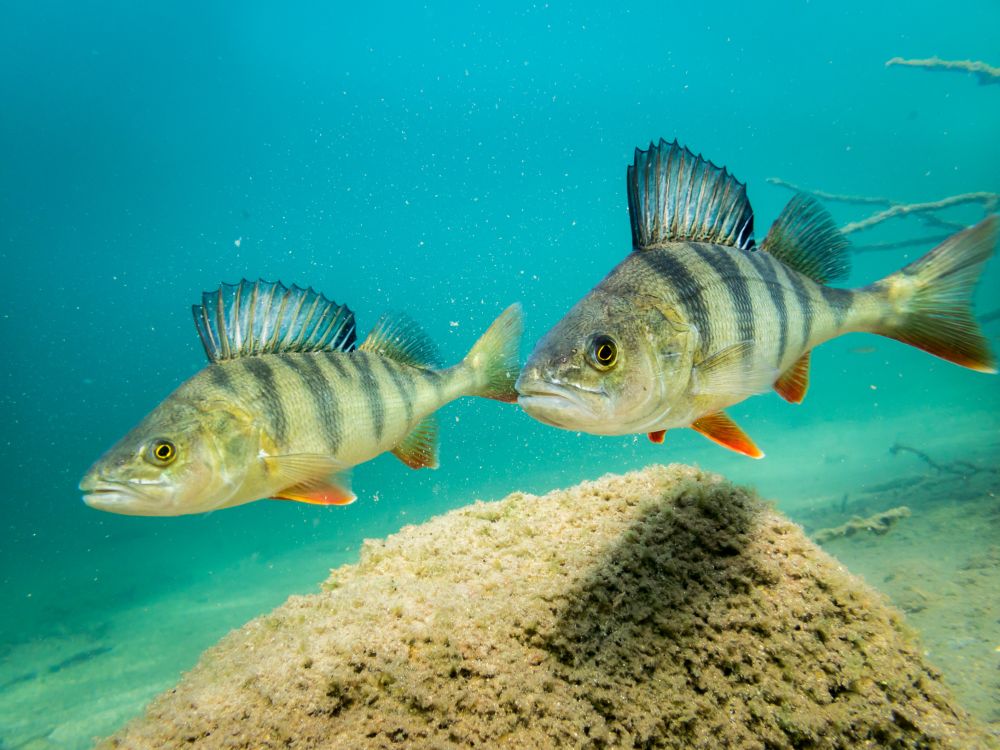
The Perch fish belongs to the Percidae Family. Its size, on average 15 to 20 cm, can reach 60 cm for a weight of 4.5 kg. Life expectancy is about 6 years (maximum 22 years). The perch spawns in April and lays between 4000 and 300,000 eggs. It is caught from June to December. Its body is stocky, high, yellow-green with broad transverse stripes; the belly is yellowish to matt white. Its ventral, anal and caudal fins are red; the anterior dorsal fin has sharp rays and a black spot on the back. Its operculum is finished by a strong thorn.
The Perch is a famous fish you can catch in Sutton.The Gwyniad fish
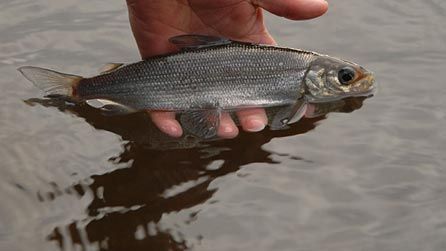
The Gwyniad fish belongs to the Salmonidae family. It is a fairly large species: 40 to 60 cm. It reaches 70 cm for 10 kg in the large lakes of northern Europe. Life expectancy would be about ten years. Its breeding period extends quite widely between 15 November and 31 January with a maximum activity between 10 December and 1 January. The female lays 30,000 eggs per kg of weight. This fish is on the IUCN Red List. Fishing is therefore prohibited. It has the fat fin characteristic of Salmonidae. It has an elongated body, silvery grey, bluish grey, with a more or less brownish back and fairly large scales. The caudal fin is very indented. The mouth is small. Two details that differentiate it from other salmonids. The number of gillospines (here 15 to 70) confirms that they belong to that species. The male has prominent scales on the lateral line, rough to the touch.
The Gwyniad fish is a famous fish you can catch in Sutton.The Bullhead fish
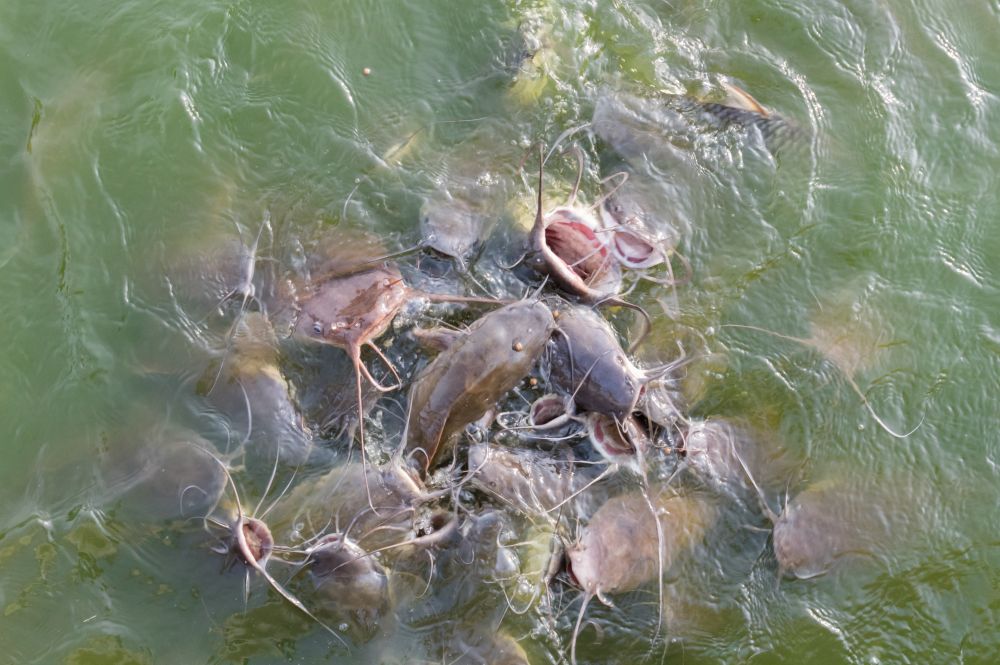
The Bullhead fish belongs to the Ictaluridae family. This species generally measures 15 to 20 cm, but can reach a maximum of 45 cm for a weight of 2 kg. It can live up to 6 years. It breeds in May-June and lays up to 5000 eggs. It can be fished all year. It is a scaleless fish with bare, viscous skin. Its naked body is elongated and has thousands of sensory cells (electro-receptor cells) that are a particular feature of the species. He has a large flattened head, a very wide mouth with large lips and 8 barbels, 6 of which hang, and 2 are located behind the nostrils. Its pectoral fins have sharp spines that are dangerous. Similarly, its first dorsal fin has a sharp sting. It also has a short fat fin (between the dorsal and caudal fins). Its brown back is almost black or greenish brown, its sides lighter, its belly yellowish white.
The Bullhead fish is a famous fish you can catch in Sutton.Our fishing forecast of Sutton indicates the best time to go fishing in this city.
Our fishing forecast of Sutton indicates the best time to go fishing in this city.
Our fishing forecast of Sutton indicates the best time to go fishing in this city.
